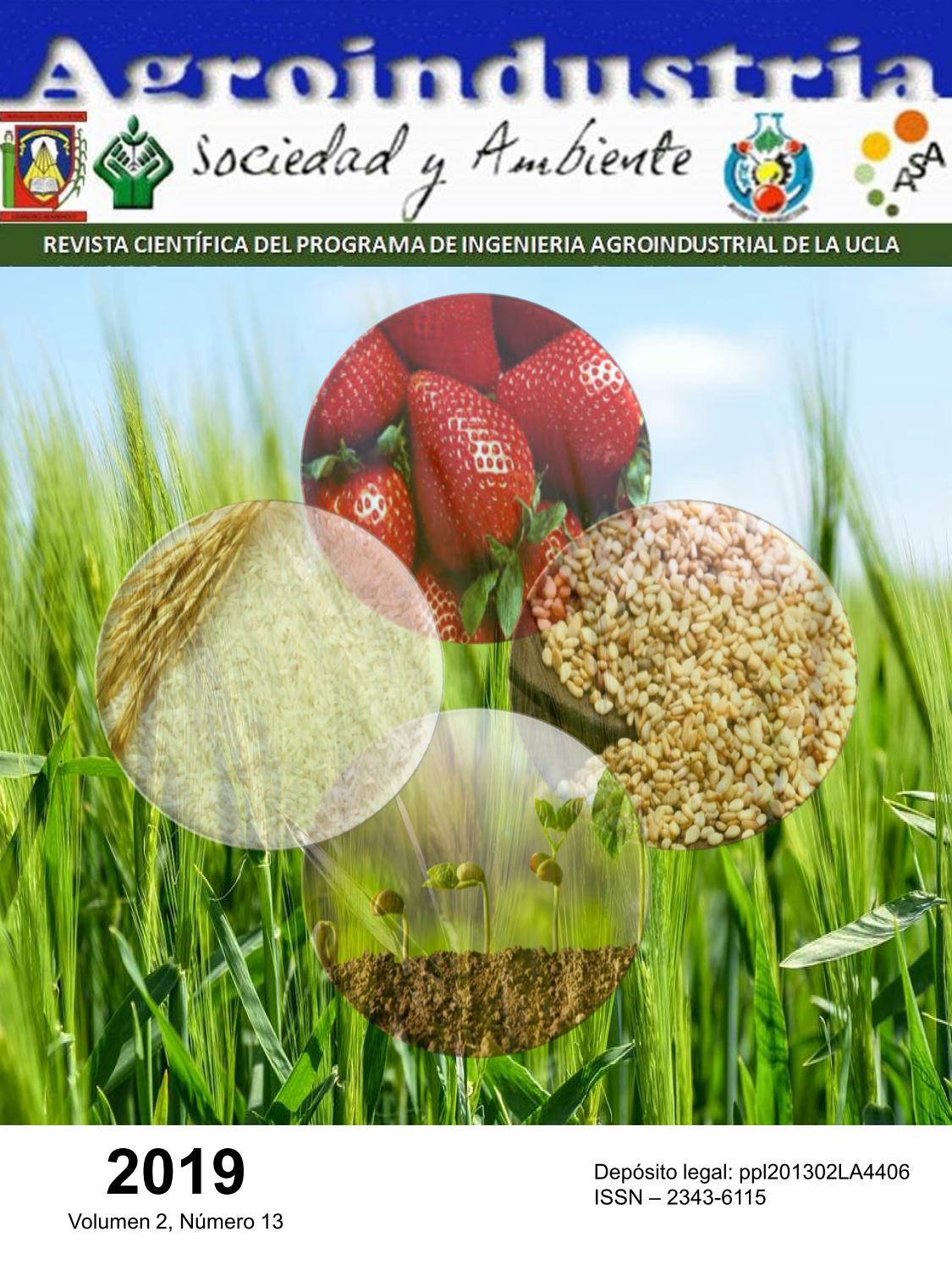Mathematical models from transdisciplinarity: Complexity and Reality
Keywords:
Mathematical models, transdisciplinarity, complexity, systems theory, educationAbstract
Mathematical models, as they have been known since ancient times, show a formal domain, where logic and objectivity define their cognitive spine. However, postmodernity has generated a paradigmatic revolution based on transdisciplinarity and complexity, which oriented towards a systemic vision, demonstrate the inability of current mathematics, to explain processes or phenomena from an interconnected, related, changing reality more practice and less idealistic. This essay aims to analyze mathematical models based on transdisciplinarity, complexity and systemic reality, Ontology, Epistemology and Gnoseology highlighting the need for a conceptual transformation in established models that allow applicability to real situations and phenomena. The critical analysis of several metatheors allows us to support the reevaluation of mathematical models, to the new paradigmatic demands; which requires more than quantifying, determining the interrelations, complementarities and semantic connections that face reality, from the most complex systems.
Downloads
References
Andonegui, M. (2005). Pensamiento Complejo y Educación Matemática Crítica. [En línea]. Acta Latinoamericana de Matemática Educativa Vol.18. Disponible http://funes.uniandes.edu.co/5944/1/AndoneguiPensamientoAlme2005.pdf [Consulta: 2019, Septiembre 25].
Espina, M. (2003). Complejidad y pensamiento social. Transdisciplinariedad y Complejidad en el Análisis Social. [En línea]. Organización de las Naciones Unidas para la Educación, la Ciencia y la Cultura . Disponible http://parquedelavida.co/images/contenidos/el_parque/banco_de_conocimiento/transdisciplinariedad_y_complejidad_en_el_analisis_social.pdf. [Consulta: 2019, Septiembre 25].
Galilei, G. (1968). I due massimi sistema del mondo. Florencia: Barbera
Heidegger, M. (1974). El Ser y el Tiempo. México: FCE.
Hilbert, D. (1965) Axiomatishes Denken. Alemania: Darmstadt.
Martínez, M. (2013). Epistemología y Metodología Cualitativa. México: Editorial Trillas.
Morín, E. (2005). Introducción al pensamiento complejo. España: Editorial Gedisa.
Wittgenstein, L. (1967). Remarkson the foundations of mathematics. Londres: Basic Blackwell
Published
How to Cite
Issue
Section




